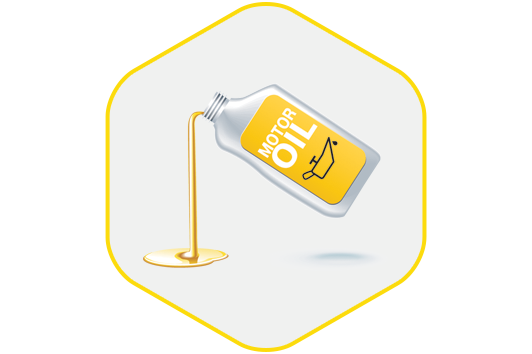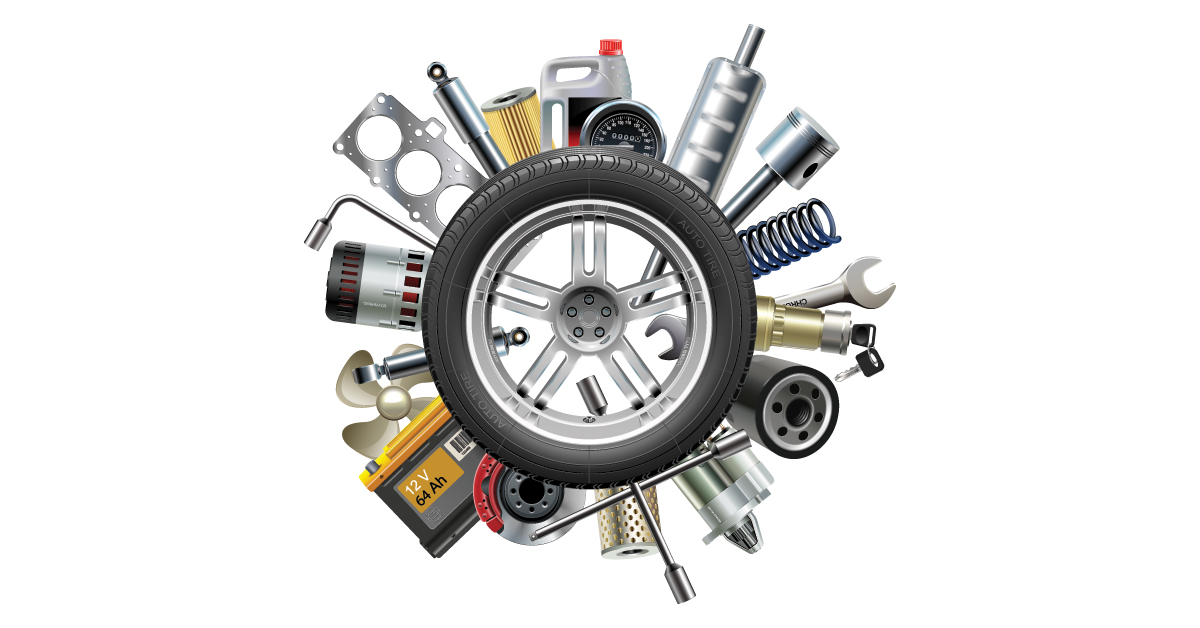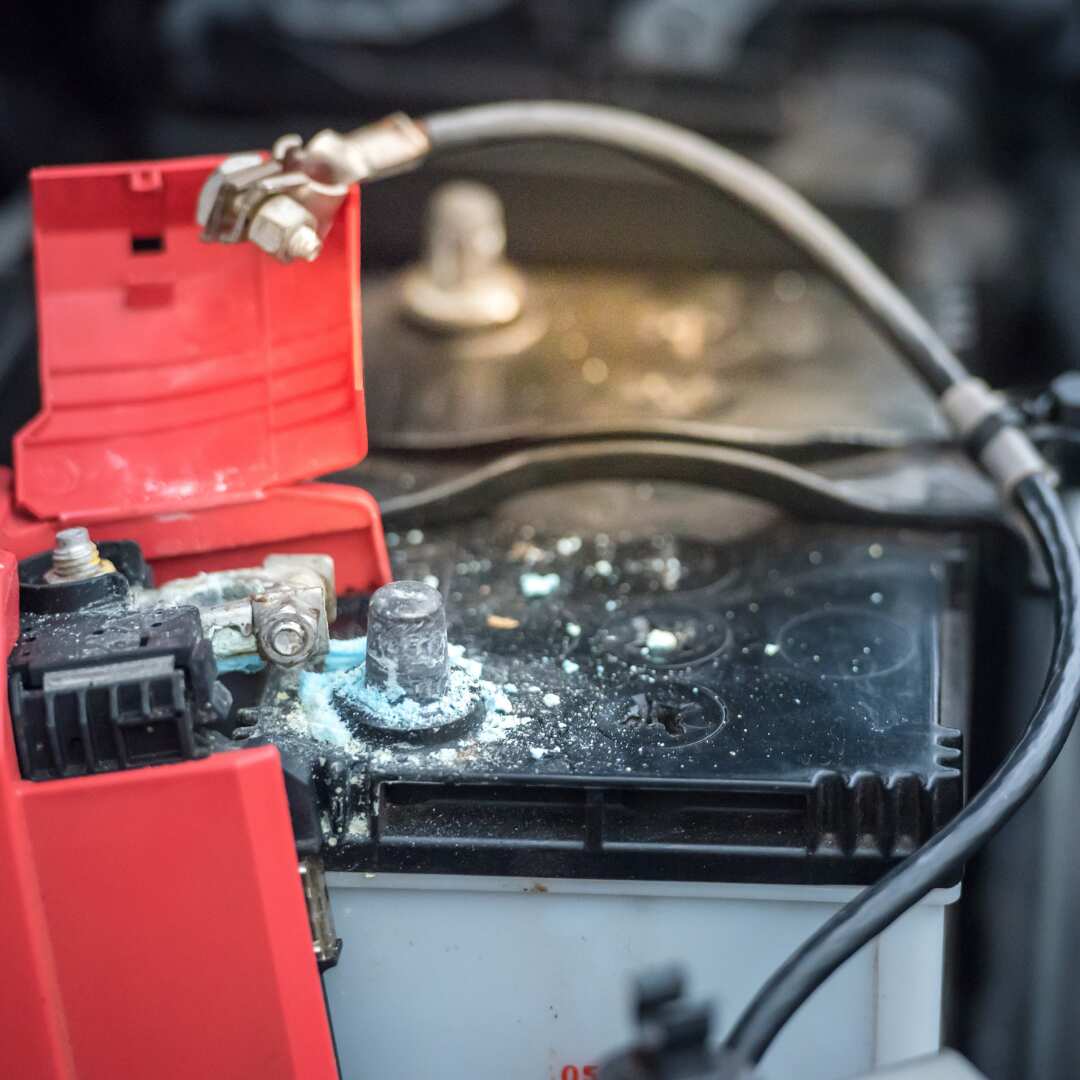
Mar 3, 2025
The True Cost of Skipping Oil Changes
The True Cost of Skipping Oil Changes: Long-term Damage Explained
We've all been there. That little oil change reminder sticker is months past due, and your car seems to be running just fine. It's tempting to push it a few thousand miles more, especially when life gets busy, and budgets get tight. But that small maintenance task you're postponing could be setting you up for major expenses down the road.
The Real Function of Engine Oil
Before diving into the consequences of skipping oil changes, let's understand what engine oil actually does. Your engine contains dozens of metal components moving against each other at high speeds and temperatures. Engine oil serves three critical functions:
1. Lubrication: Oil creates a protective film between metal parts, preventing direct contact and reducing friction.
2. Cooling: As it circulates, oil absorbs heat from engine components, complementing your cooling system.
3. Cleaning: Oil contains detergents that collect dirt, metal particles, and combustion byproducts, preventing them from building up in your engine.
What Happens When You Skip Oil Changes
Immediate Effects (3,000-5,000 miles overdue)
Even after just a few thousand miles beyond the recommended interval, oil begins to break down. The once honey-colored fluid darkens as it collects contaminants and loses its viscosity. At this stage, your engine is experiencing:
- Reduced efficiency: Dirty oil creates more resistance, forcing your engine to work harder and use more fuel.
- Higher operating temperatures: As oil loses its cooling capacity, your engine runs hotter than it should.
- Increased wear on engine parts: The protective film between components thins, allowing more metal-on-metal contact.
Medium-Term Damage (5,000-10,000 miles overdue)
Push it further, and the situation worsens considerably:
- Sludge formation: Old oil begins to form a thick, black sludge that clogs oil passages and prevents proper lubrication.
- Oil pressure problems: Clogged oil filters and passages reduce oil pressure, causing warning lights to appear.
- Accelerated wear on bearings and journals: Critical components like rod bearings begin to wear prematurely.
Severe Damage (10,000+ miles overdue)
At this point, you're in the danger zone:
- Engine knocking: Metal-on-metal contact creates noticeable knocking or ticking sounds.
- Overheating: Without proper lubrication and cooling, engines can overheat, potentially causing warped components.
- Seized components: In worst-case scenarios, parts like rod bearings or camshaft can seize, causing catastrophic engine failure.
The Financial Impact
Let's break down the costs:
- Maintenance/Repair: Average Cost
- Routine oil change: $30-$75
- Engine flush to remove sludge: $100-$200
- Complete engine rebuild: $2,500-$4,500
- Engine replacement: $4,000-$7,000+
That $50 oil change doesn't seem so expensive now, does it?
Not All Engines Are Equal
It's worth noting that modern engines and synthetic oils have improved tolerance for extended intervals. However:
- Turbocharged engines typically run hotter and put more stress on oil
- Older vehicles with higher mileage generally need more frequent oil changes
- Severe driving conditions (short trips, extreme temperatures, towing) accelerate oil breakdown
How to Stay on Top of Oil Changes
1. Follow manufacturer recommendations: Your owner's manual specifies the right interval for your specific vehicle.
2. Use reminder apps: Many mobile apps can track maintenance schedules based on your mileage (watch out for our email and mailer reminders to help keep you on schedule).
3. Watch for warning signs: Darker oil on the dipstick, unusual engine noises, or warning lights should prompt immediate attention.
4. Check your oil levels every 1,000 miles or so. If your car only holds 6 quarts of oil, but the recommended interval between oil changes is 7,500, your engine could suffer due to a lack of oil.
The Bottom Line
That "due for service" sticker isn't just a suggestion—it's a critical reminder that can save you thousands in repair costs and extend your vehicle's lifespan. When you consider that the average cost to replace an engine is about 100 times more expensive than an oil change, the math becomes clear.
Regular oil changes aren't just maintenance—they're an investment in your vehicle's future. The next time you're tempted to push past that service interval, remember: the few dollars you save today might cost you thousands tomorrow.
Have questions about your vehicle's specific oil change needs? Contact us at 844-592-8473, or your local Sullivan Tire location.
Additional Tags
Book Your Appointment Online
Easily request an auto or tire service on our website today!
Request an AppointmentRelated Articles

10 Basic Preventative Maintenance For Your Car | Sullivan Tire and Auto Service

7 Warning Signs You May Need a New Car Battery



